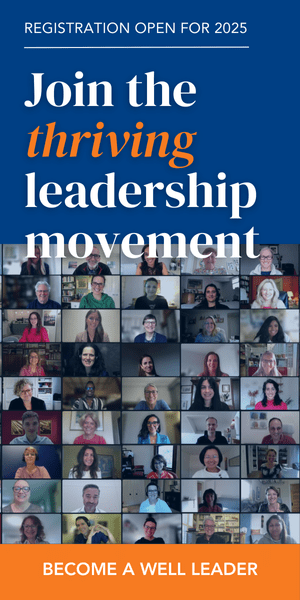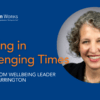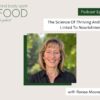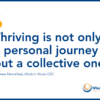Be Well Lead Well® is committed to advancing the consciousness and capabilities for more inclusive, well, and wiser leadership. In support of these efforts, Be Well Lead Well® Director and Wisdom Works CEO, Renee Moorefield curates monthly content and resources for The Wellness Moonshot: A World Free of Preventable Disease, an initiative of the Global Wellness Institute. The goal: to bring together global wellness enthusiasts, from scientists and educators to health experts and business leaders, to eradicate preventable disease worldwide.
Each month, Renee explores wellbeing leadership through the themes of The Wellness Moonshot Calendar. Below is an excerpt from October’s Theme: OUTCOME
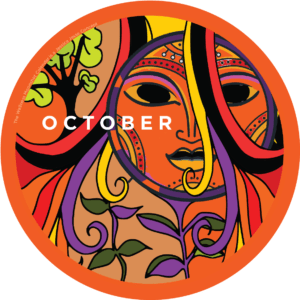 October 2022 | OUTCOME
October 2022 | OUTCOME
WE LIVE IN A PANDEMIC OF TOXIC STRESS.
MEDITATION IS AN ANTIDOTE.
At a time when stress-related illnesses are on the rise, caused in part by COVID-19 and its aftershocks, our role as wellness leaders is to help people, organizations, and communities prioritize mental, emotional, physical, and social wellbeing. Meditation is proving to be an effective antidote to our over-stress, with many positive outcomes that can benefit us all.
It was illuminating for me to explore this topic with Bob Roth for The Wellness Moonshot: A World Free of Preventable Disease initiative. Bob is CEO of the David Lynch Foundation, a nonprofit scaling meditation by delivering educational programs in healthcare systems, stewarding large scale clinical trials about the effects of meditation on mental and physical health challenges, and implementing national campaigns such as Meditate America.
Bob emphasizes that, as a wellness solution, meditation is uniquely affordable, accessible, and sustainable—plus it gets measurable results. Varying types of meditations have been linked to greater life satisfaction; less anxiety, depression, and burnout; decreased blood pressure and heart disease; and better sleep. And while all of us rely on our body’s internal circadian rhythm of cortisol to help our brains, hearts, and bodies for function optimally, a meditation practice can prevent us from experiencing the chronically high cortisol (read: hyper-aroused nervous systems) that tend to make us more reactive, aggressive, and irritable.
MEDITATION IS ADDITIVE
Just pushing through or enduring each day is not a wellness strategy. Nor is it a pathway for thriving. Yet, with the pace and complexity of life and work, it’s easy to think, “I’m too busy to meditate.” Bob explains that through a regular practice of meditation, you don’t just build new mindfulness behaviors; you create and reinforce neural pathways in the brain that allow you to access a sense of restful alertness.
Fortunately, just as your body is hardwired to be alert, it is hardwired to relax. As wellness leaders, we can help people discover the type of meditation that suits them, plus integrate meditation into their daily routines. When it comes to health and wellness, from Bob’s perspective, meditation is not a replacement for medication, movement, eating well, healthy connections, and other choices we make to improve our health and wellbeing—it adds power to these wellness strategies. Meditation is part of your foundation for creating a world free of preventable disease.
Hear Renee and Bob explore how meditation is producing positive health and wellbeing outcomes for veterans, children, and healthcare workers. And discover the three biggest blocks to starting and maintaining a meditation practice.
Photo credit: October image, Global Wellness Summit; Featured image, Omid Armin via Unsplash

